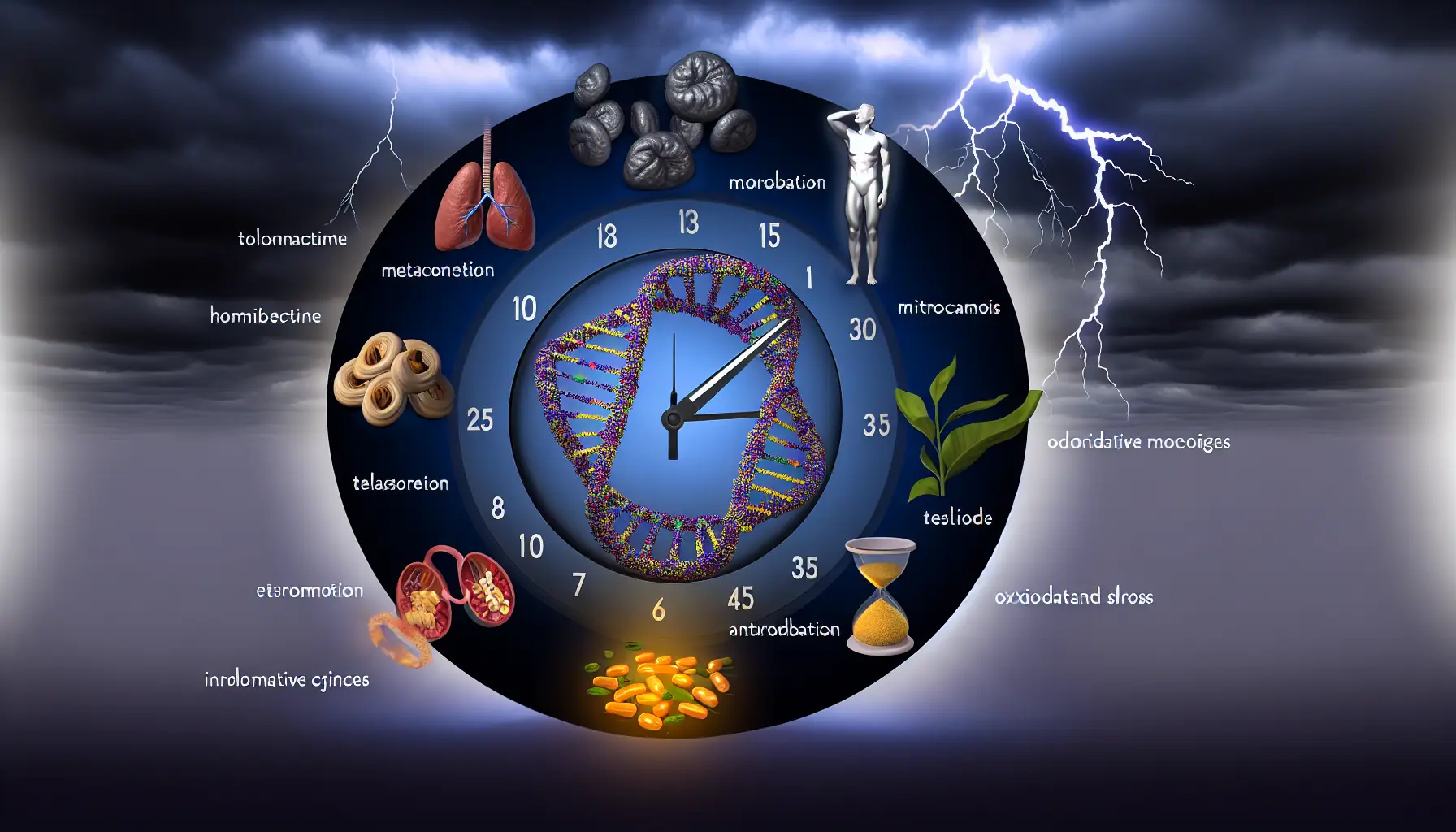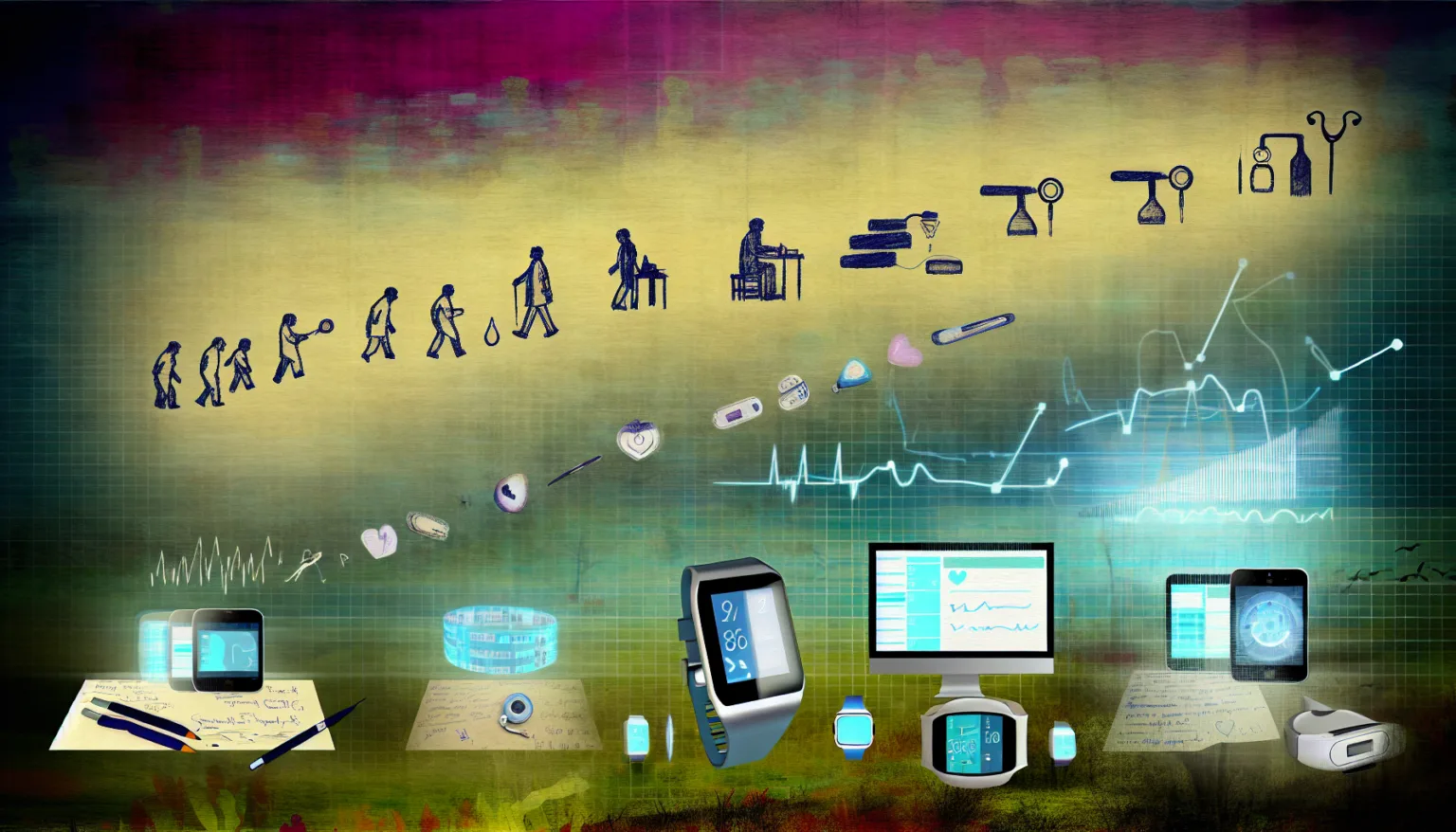
Most people pay little attention to their hormones until something starts going wrong. These chemical messengers secreted directly into your blood spread throughout your body to tissue and organs. They’re incredibly small, but they can cause big changes in single cells or in your entire system. That’s why imbalances like low testosterone can lead to so many problems.
Table of Contents
Both men and women have testosterone, but women typically have much lower amounts. In men, testosterone gets made by the testicles, and it affects:
However, testosterone production also starts to decline once you reach age 30. At that point, your levels start to drop approximately 1% each year. In fact, low testosterone affects nearly 40% of men age 45 and older.
Our team at Scottsdale Private Physicians, LLC, provides yearly men’s health exams to help identify problems that can impact your daily life, such as low testosterone. If you have any of these common symptoms, it could be time to schedule a testosterone screening at one of our Scottsdale, Arizona, locations.
One of the most obvious signs of a testosterone imbalance involves your libido and sexual performance. These symptoms can range from reduced desire to erectile dysfunction and infertility. That’s because testosterone does more than stimulate sex drive. It also triggers a chemical reaction required for achieving and maintaining an erection.
Testosterone aids semen production, which supports sperm motility. Men with low testosterone often notice less semen during ejaculation.
Have you had less motivation lately? How about mood swings or depression? While testosterone impacts physical aspects of the body, it also affects your mood and cognitive function. Because of this, men with low testosterone are more likely to experience problems like:
If you’ve noticed changes in your mood or feelings that affect your daily life, it could be a sign of an underlying hormone problem.
It’s common to feel tired, especially when you’re trying to keep up with a busy lifestyle. However, if you find yourself feeling extremely fatigued or exhausted all the time despite getting enough sleep, it’s time to schedule a doctor’s appointment.
Along similar lines, low testosterone can also cause changes in your sleep patterns. If you have insomnia, worsening sleep apnea, or other sleep disturbances, you could have low testosterone.
Do you feel like you’re losing muscle mass? Because you need testosterone to build muscle, declines in this hormone can lead to diminished muscle mass and increased body fat. Some men even develop enlarged breast tissue, a condition known as gynecomastia — likely in response to testosterone and estrogen imbalance.
But your muscles aren’t the only things that lose mass when testosterone declines. Men can also experience osteoporosis, or bone loss, leaving them at risk of bone fractures.
Many men experience balding as they age, but male pattern baldness is usually genetic. However, low testosterone typically affects your facial and body hair. That means if you’ve noticed your beard thinning or less chest or leg hair than normal, testosterone could be to blame.
If you have questions or concerns about your testosterone levels, our team can help. After reaching a diagnosis, we can create a personalized strategy to restore balance to your body and ease your symptoms.
For more information on testosterone and men’s health services, contact our office to schedule a consultation today.





